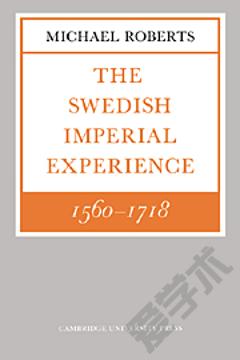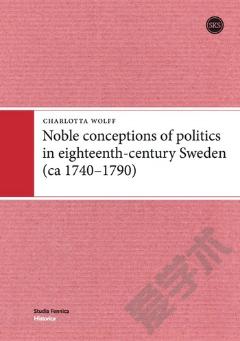The Age of Liberty: Sweden 1719–1772
After three-quarters of a century in which Sweden had been reckoned as one of the great powers of Europe, it fell almost overnight into the position of being one of the weakest. But if in international affairs this was a period of decrepitude, in domestic affairs it was a period of remarkable achievements. Between 1720 and 1772 Sweden had the most advanced constitution in Europe. Foreign observers regarded her as 'the freest country in the world'. To an analysis of the principles and practice of the constitution, and of the nature and functioning of Swedish parties, the central chapters of this book are devoted. The final chapter attempts to explain why it was that in 1772 Gustav III was so easily able to bring the Age of Liberty to an end, and why an egalitarian social revolution, which had seemed imminent, was temporarily aborted by his coup d'état.
{{comment.content}}








 京公网安备 11010802027623号
京公网安备 11010802027623号